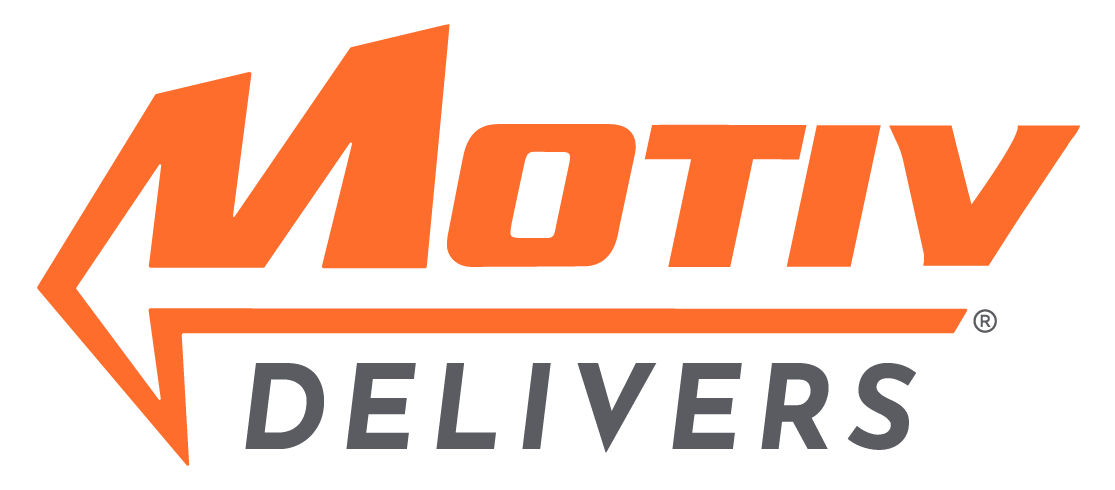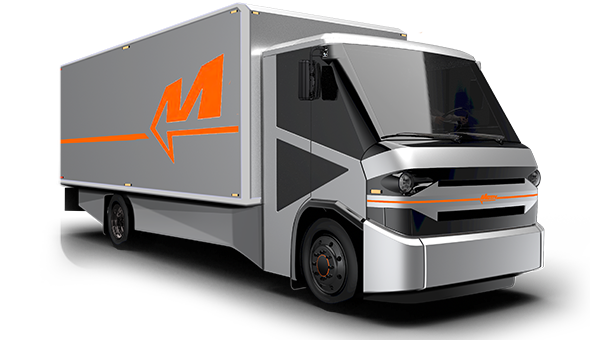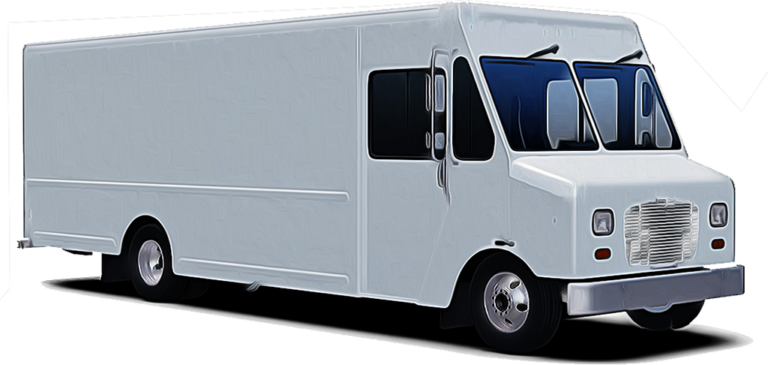New Service Center Provides Local and Efficient Support for Fleet Truck and Bus Customers
Motiv Power Systems, a sustainable technology company delivering a proven software platform for the electrification of medium-duty trucks and buses, has opened a new facility in Stockton, California. The facility will serve as a pre-delivery inspection and service center enabling local and efficient customer support. Along with U.S. based engineering and assembling, this service center will support the majority of Motiv customer’s electric vehicle (EV) fleets that are in the San Joaquin Valley, improving air quality and driver experience, in addition to providing competitive jobs. To date, Motiv customers nationwide have driven over 950,000 clean miles, offsetting 1,033 metric tons of greenhouse gasses (GHG), or the equivalent of over 103,635 gallons of diesel consumed.
The ribbon cutting ceremony took place on Thursday, February 13th and included Stockton Mayor Michael Tubbs along with Motiv customers, EV fleet managers, community stakeholders, and local business leaders. Event attendees got a glimpse at Motiv’s EPIC F-59 step van with BMW batteries and their EPIC F-59 chassis with next generation Adaptive Battery Controller (ABC™). EPIC F-59 step vans are widely deployed in the Central Valley region, in addition to Type A school buses and EPIC E-450 step vans.
“I’m really excited that Motiv is here. For the past 3 years working in Stockton has been focused on how to marry climate resiliency and being good environmental stewards with economic development. Motiv coming to Stockton is an example of that. I think companies like Motiv doing the work of making sure that folks are still able to transport their goods while allowing us to have clean air is an important part of the solution,” said Michael Tubbs, Mayor of Stockton.

Ribbon cutting ceremony marks the opening of Motiv’s new Stockton service center on February 13th, 2020.
From left to right: Meredith Alexander, Policy Director, CALSTART, Larry Rillera, Air Pollution Specialist, Clean Transportation Program, CEC, Peter Christensen, Manager, Heavy-Duty Clean Transportation Incentives, CARB, Michael Tubbs, Mayor of Stockton, Matt O’Leary, Motiv Chairman & CEO, City Councilmember Christina Fugazi, SJVAPCD Board.
“With continued growth in the EV market for fleet electrification, customers prefer to work with a trusted partner for all of their vehicle and service needs. These forward-thinking customers recognize the value that clean transportation brings to their supply chain, their drivers, and their community at large,” said Motiv Chairman & CEO Matt O’Leary. “We are dedicated to the success of our customers and the opening of the Stockton facility is one step in a larger plan to support these goals.”
In addition to growing customer deployments, Motiv marked their tenth anniversary, secured $60 million in Series B funding, and enabled over two dozen customers to electrify their fleets. Stockton is Motiv’s third California facility along with its Hayward manufacturing facility and Foster City headquarters. The company is also planning an expansion in Detroit with an engineering and manufacturing facility. Motiv continues key geographic growth initiatives working with partners like Ford, BMW, Winnebago, Utilimaster Corp., REV Group, Champion Bus, Collins Bus, Trans Tech Bus, and more.
Motiv delivers a proven software platform for the electrification of medium-duty trucks and buses. Vehicles electrified by Motiv feature operating software and power electronics on popular Ford chassis, most notably the E-450 and F-59. As a Ford partner and Qualified Vehicle Modifier (eQVM) for EVs, Motiv adheres to Ford’s stringent assessment criteria verifying it meets manufacturing, assembly, workmanship, customer service, and quality requirements that align with fleet customer’s long-term needs and goals.
For more information, please visit www.motivps.com.
About Motiv Power Systems
Founded in 2009 and headquartered in the San Francisco Bay Area, Motiv Power Systems is a leading provider of proven software to electrify medium-duty trucks and buses. Their commitment to freeing fleets from fossil fuels promotes the pathway to electrification to transform fleets. Motiv’s proven software platform is Ford eQVM-approved, CARB- certified, GSA-approved, and available for many configurations including step vans, box trucks, work trucks, shuttle buses, school buses, trolleys, and other specialty vehicles. With more than 950,000 miles logged among several of the largest fleet operators in the United States, Motiv’s adaptable technology solutions are not only zero-emission, but they dramatically reduce fleet operating and maintenance costs. For more information and career opportunities, please visit www.motivps.com.
Media Contact for Motiv:
Joanna Hamblin
Sr. Marketing Manager
Motiv Power Systems
joanna.hamblin@motivps.com
650-204-9099
Technica Communications
Sarah Malpeli
(408) 806-9626 ext. 6840
sarah@technicacommunications.com



